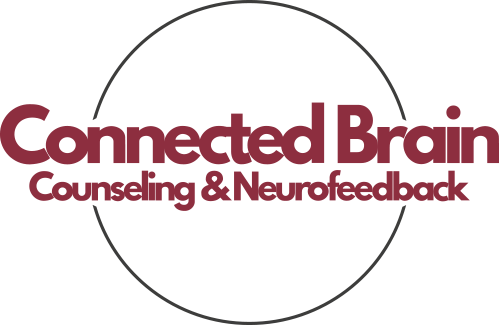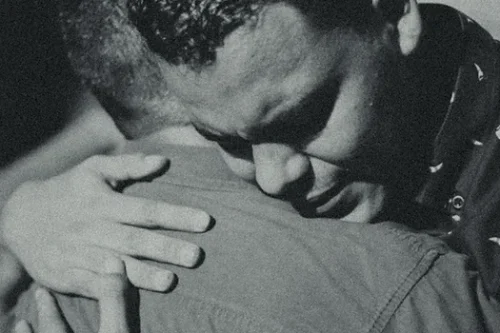What Are the Symptoms of Depression?
Depression goes beyond just feeling sad or down. It involves a range of emotional, cognitive, and physical symptoms that can vary from person to person. Here are some of the most common signs:.
- Persistent Sadness or Hopelessness: People with depression often feel an overwhelming sense of sadness or hopelessness that doesn’t go away.
- Loss of Interest in Activities: Depression can lead to a loss of interest or pleasure in activities once enjoyed, such as hobbies, socializing, or work.
- Fatigue or Lack of Energy: Feeling tired all the time, even after a good night’s sleep, is a common symptom of depression.
- Difficulty Concentrating: Depression can make it difficult to focus, think clearly, or make decisions.
- Changes in Sleep Patterns: This might involve either insomnia or sleeping too much.
- Appetite and Weight Changes: Some people may lose their appetite and lose weight, while others may eat more than usual and gain weight.
- Feelings of Worthlessness or Guilt: Individuals with depression may feel excessive guilt or believe they are worthless, even when there is no reason for these feelings.
- Thoughts of Death or Suicide: In severe cases, depression can lead to thoughts of self-harm or suicide. If you or someone you know is experiencing this, seeking immediate help is crucial.
Common Causes of Depression
Depression is a complex condition with no single cause. It can develop due to various factors, including:
- Biological Factors: Imbalances in brain chemicals, such as serotonin, norepinephrine, and dopamine, can contribute to depression. Genetics also play a role, as people with a family history of depression are more likely to develop it themselves.
- Psychological Factors: Traumatic events, such as the loss of a loved one, abuse, or significant life changes, can trigger depression. Chronic stress or unresolved emotional issues can also contribute to its development.
- Environmental Factors: Living in a stressful or unsupportive environment, facing financial struggles, or experiencing social isolation can all increase the risk of developing depression.
- Medical Conditions: Certain health conditions, such as chronic pain, thyroid disorders, or hormonal imbalances, can lead to or worsen depression.
Effective Ways to Manage and Treat Depression
Although depression can feel overwhelming, it is treatable. Here are some effective ways to manage depression:
1. Talk to a Mental Health Professional
Therapy is one of the most effective ways to address depression. Cognitive-behavioral therapy (CBT) is commonly used to help individuals identify and change negative thought patterns. Therapists can also offer valuable support, helping patients develop coping strategies and problem-solving skills.
2. Medication
Antidepressants, such as selective serotonin reuptake inhibitors (SSRIs), can help regulate mood and alleviate the symptoms of depression. It’s important to consult with a healthcare provider to determine if medication is the right option.
3. Self-Care and Lifestyle Changes
Incorporating regular physical activity, maintaining a balanced diet, and ensuring adequate sleep can significantly improve mood and energy levels. Reducing alcohol and caffeine intake and practicing mindfulness can also help manage depression symptoms.
4. Build a Support Network
Having a strong support system of friends, family, or support groups can make a significant difference. Talking about your feelings with trusted individuals can alleviate some of the emotional burden of depression.
5. Establish a Routine
Creating and sticking to a daily routine can provide structure and stability, which may help combat feelings of hopelessness and inactivity. Simple tasks, such as making your bed, exercising, or engaging in a hobby, can offer small, achievable goals to focus on.
 How Therapy Can Help with Depression
How Therapy Can Help with Depression
Therapy plays a crucial role in treating depression. A mental health professional can help individuals identify the root causes of their depression and develop strategies to manage it. Cognitive-behavioral therapy (CBT), for example, has been proven to be effective in treating depression by addressing negative thought patterns and behaviors.
Other therapeutic approaches, such as interpersonal therapy (IPT) or psychodynamic therapy, can help individuals explore their emotions, relationships, and experiences to better understand their depression and how to move forward.
American Psychological Association – Depression
National Institute of Mental Health – Depression
Mayo Clinic – Depression (Major Depressive Disorder)
Depression is a serious mental health issue, but it is treatable with the right support. Recognizing the signs of depression, understanding its causes, and seeking professional help are critical steps in managing and overcoming it.
At Connected Brain Counseling, we offer therapy services to help you navigate through depression and regain control of your life. Contact us today for a free consultation and take the first step toward a brighter, healthier future.





